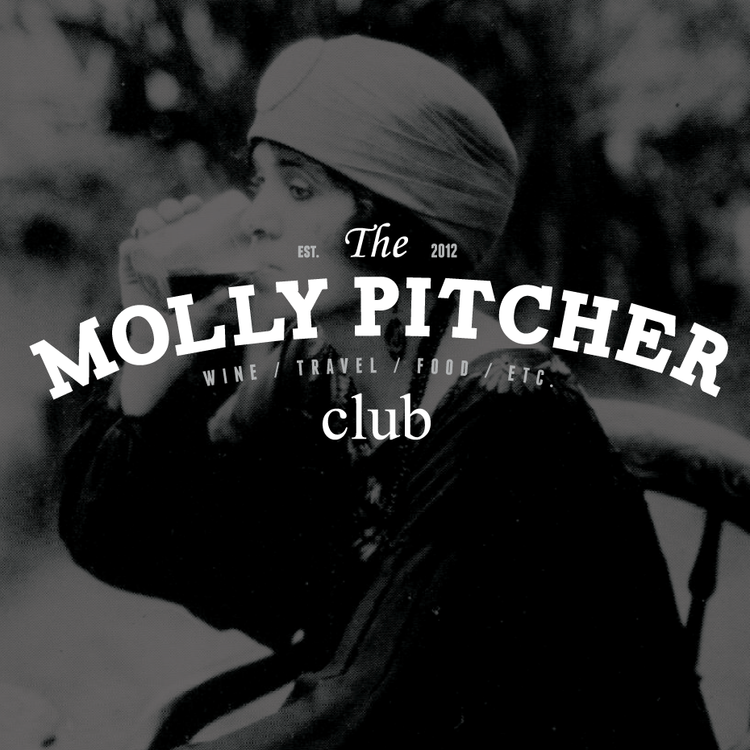Grape Tales: Riesling
Riesling has been in the news lately and not all of it has been good... no there isn't a major scandal (that I know of) but prices of German Rieslings are set to rise in 2014. With the threat of price increases, I figured I would share some details on Riesling and why you should pick some up while you can.
Let's start with the bad news. Decanter.com (a great resource for those interested in wine) reported that the price for German Rieslings is set to rise in 2014. The culprit for this spike in prices = bad weather during the 2013 growing season. Key regions like Rheingau and Mosel are seeing 20-30% decreases in their grape yields compared to last year.
So you know that German Riseling may be pricey this year, but you still have some reservations regarding the wine. Give me a chance to change your mind! We discussed a simple overview of Riesling in our Big Six Grapes post last year. Since then, I have noticed that Riesling is seriously misunderstood. Initially, wine drinkers may assume all Rieslings are "Über Sweet." Only when you discuss Riesling amongst serious drinkers will you likely hear more praise than disgust. I have said it before (and will likely say it again), Rieslings are not all super sweet and are arguably the best white wines to pair with food.
Riesling Tasting Profile.
Where it's Grown. Mosel and Rheingau regions of Germany; Alsace, France; Austria; and Clare Valley Australia.
Common Characteristics. Aromas of peach, nectarine, apricot, honeysuckle, jasmine, wet stone and even baking spices if it is well aged.
Acidity. High to very high (perfect for food). It is also this high acidity that allows Riesling to be aged in the bottle and even stay preserved once opened. Most can last at least a decade, while the best bottles can last for almost 100 years.
Alcohol. Extreme range, can be very low to high.
So if you don't mind the lightly sweetened styles, look to Germany first, anything with Kabinett (normally ripened grapes), Spätlese (sweeter, meaning "late harvest") or Auslese (sweeter still). If you like drier styles, try Alsace, France, where you will notice more citrus and apple balanced with mineral flavors.
Cheers!

